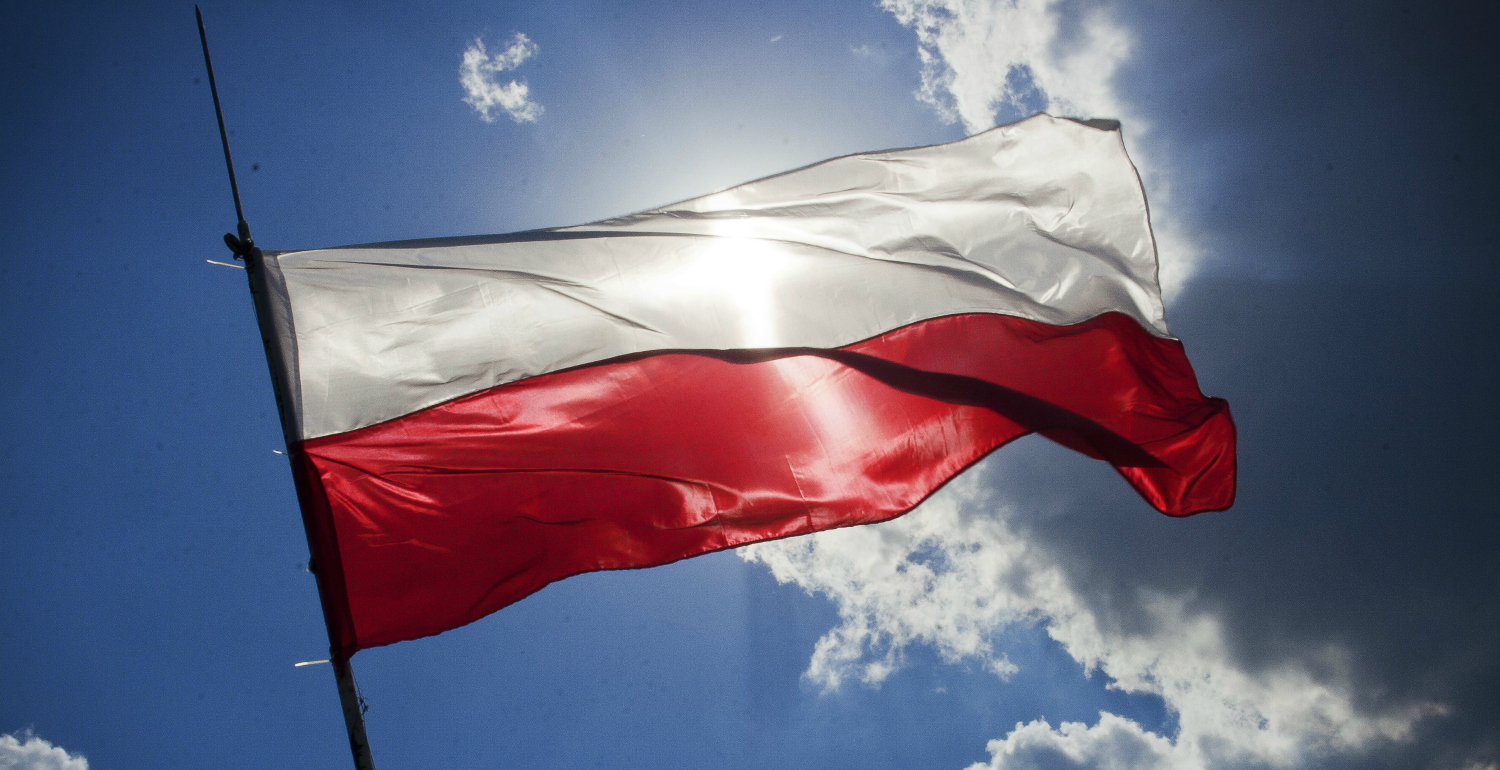The Commission on Security and Cooperation in Europe, more commonly known as the Helsinki Commission, was established by law in 1976 to monitor and report on compliance with the 1975 Helsinki Final Act. The Helsinki Final Act, as well as successor agreements, includes provisions regarding military security; trade, economic issues, and the environment; and human rights and humanitarian concerns. Thirty-two European countries participate in the Helsinki process, plus the United States, Canada, and the Soviet Union. The Helsinki Commission is currently chaired by Senator Dennis DeConcini (D-AZ) and co chaired by Representative Steny H. Hoyer (D-MD), and has 18 members from the Senate and House, as well as one each from the Departments of Commerce, State, and Defense.
In accordance with its legislative mandate, the Commission undertakes a variety of activities aimed at monitoring and reporting on all three sections (known as baskets) of the Helsinki Accords. These activities include the solicitation of expert testimony before Congress, providing to Congress and the public reports on implementation of the Helsinki Accords, and the publication of human rights documents issued by independent monitoring groups. In addition, the Chairman and Co-Chairman of the Commission lead delegations to participating States and to meetings of the Conference on Security and Cooperation in Europe.
In undertaking a trip to Poland at this time, the Helsinki Commission had two main objectives. First, the Commission hoped to evaluate the status of human rights reform in the wake of the quantitative and qualitative changes which had taken place in Poland since the Commission’s trip to Poland in April 1988 and in light of the new opportunities for reform created by the Round-Table Agreement of April 1989. Second, the delegation was interested in establishing direct contact with those segments of the National Assembly which were democratically elected.3 During the course of the trip, the delegation visited Gdansk, Warsaw. and Krakow. Meetings were held with senior leaders from key political groups, memhers of the Polish parliament, independent human rights advocates, opposition journalists, and environmental activists.






